Money. It's something we all want and need. After all it's what makes the world go round. We all clamber to make more than our neighbour and be better than our rivals. Football clubs especially in the EPL are no different. With the pressure to continuously improve and be better than everyone else in the league, more money than ever is being spent by the twenty clubs in the EPL. That ability to spend is unlike any other time in the leagues history as overpriced TV deals and lucrative rule bending sponsorships flood the clubs with an abundance of cash. That allows the clubs to pay over the odds for players in transfer fees and salaries but at what cost long-term? Are the EPL clubs acting fiscally responsible with the money at their disposal or instead whittling away their cash like a recent lottery winner at an expensive car dealership?
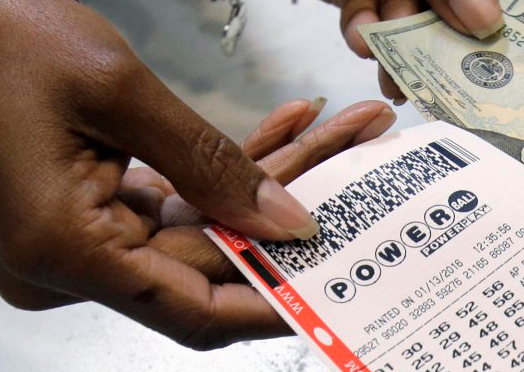
Like lottery winners, clubs are spending money without thinking long term (image from tumblr)
In the last week we have seen three transfers already concluded. Newly promoted Huddersfield have been quick to move to secure the full-time services of Aaron Mooey after the Manchester City midfielder impressed during a loan spell at the club last season. A fee of £8m with add ons has been agreed for the Australian international who failed to make a single appearance at the Etihad. Former champions Leicester have sealed a deal with relegated Hull for their central defender, Harry Maguire. The clubs have settled on a fee of £17million for the player who many believe is tipped for bigger things. Finally Everton completed the transfer of Sunderland goalkeeper Jordan Pickford. The youngster leaves the Stadium of Light in a £25million deal that could rise to £30millon thanks to add ons.
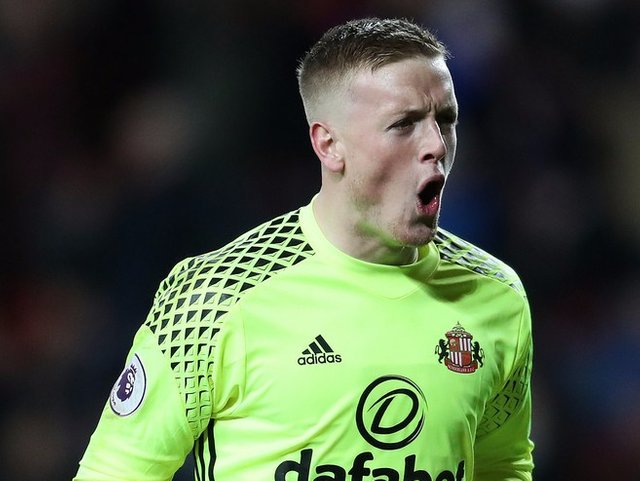
Pickford moves to Everton following an impressive debut season with Sunderland (image from Tumblr)
Whilst none of these deals have been surprising and all appear as good business sense for the selling clubs (Mooy was a free transfer, Maguire a £2.5m acquisition and Pickford promoted from Sunderland's youth ranks), it is baffling how no one appears to be questioning the vast amounts of money being paid out for these players. Not an eyelid was blinked when they were announced which is an indictment of how crazy transfers have gotten in the EPL. The transfer fees of players in England have been rising for a long time, since Trevor Francis became the countries first £1m signing. But with an influx of cash now flooding in to the league from over hyped TV deals, the sublime has become the ridiculous in regards to fees paid. Take for example Jordan Pickford. He was without doubt the single shining light in Sunderland's abysmal season last year and is quite rightly considered a future England national star but is he really worth £30m?

TV deals like Sky's are pumping millions into the EPL clubs (Image from Tumblr)
In the past, Everton's transfer budget has been limited at best with their average net spend for the past ten years coming in at £7.3million (half of those years saw Everton post a profit with their player sales more than covering their purchases). So an outlay of £30million for one player seems extravagant. But with wealthy new owners, soaring profits from those tv deals and lofty ambitions, Everton are a club on the rise and prepared to spend big. The rumoured amount available to manager Ronald Koeman is said to be close to £150 million which would rise if he were to sell key assets like Lukaku and Barkley. That might seem like a lot but with a market of over inflated priced and mad dash to get ahead of the chasing pack, that money wont stretch far. It wouldn't even be enough to buy Europe's current hottest prospect, Monaco's french striker Kylian Mbappe who would be allowed to leave for a cool £165million. Ironically it may be enough to secure arguable the worlds best player, Cristiano Ronaldo who rumours suggest is ready to leave Real Madrid for £95million.
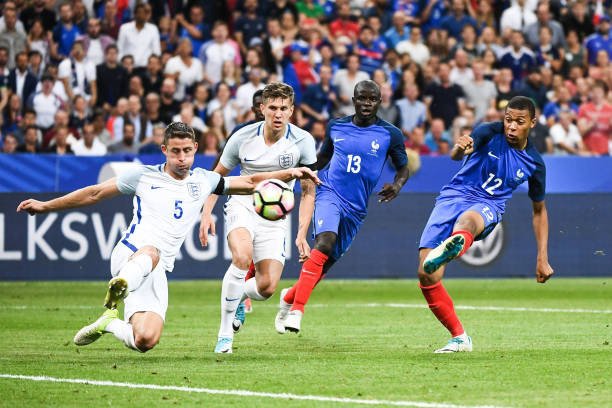
Mbappe is the hottest prospect in the world right now (image from tumblr)
That in itself highlights a problem. Like the housing markets in cities like Toronto, New York and London, people are paying over the odds for properties that are not worth half of what they are shelling out. The same is happening in football and the fear is that long-term (like the housing markets) a correction or crash is just around the corner. Clubs are foolishly banking on the money still pouring in by the dump truck loads but what if it suddenly dries up? What if TV companies like Sky, BT and NBC refuse to buckle to the EPL's demands for more and more cash leaving the league with no option but to sell it for less. The returns to the clubs would be less leaving them with potential shortfalls and gaps with a realistic possibility of being unable to afford to pay the astronomical wages of the players they have just expensively acquired. Financial ruin could be around the corner for clubs who are not acting fiscally responsible.
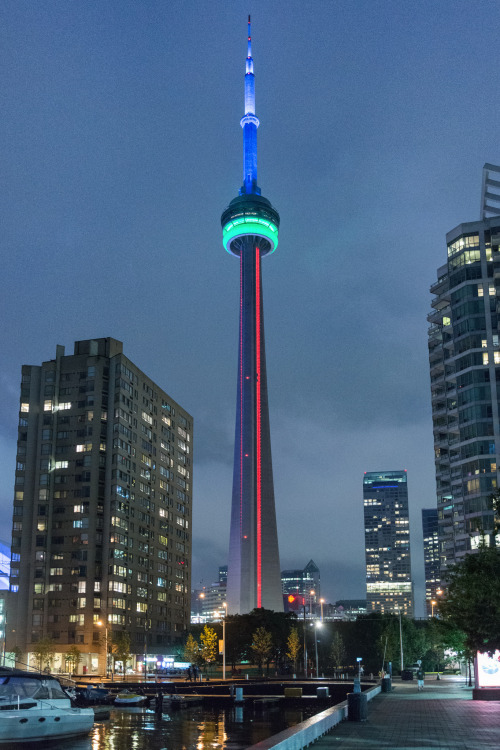
Housing markets like Toronto are seeing over inflated prices for commodities much like the current football landscape (Image from Tumblr)
The argument has been and will remain so whilst the money is there that to be competitive you have to spend even if that means paying over the odds. But for clubs like Stoke, Crystal Palace, Bournemouth and West Brom being competitive means finishing mid table with a potential good run in the cups. Winning the league is not likely (not impossible as we saw with Leicester but given the growing gap in wealth between the top eight and the rest is getting harder) so for them does it make sense to break to bank and their financial future to do so? UEFA have tried to enforce financial fair play rules to restrict the threat of clubs spending beyond their means but they were too vague and open for manipulation which some clubs are now actively exploiting.
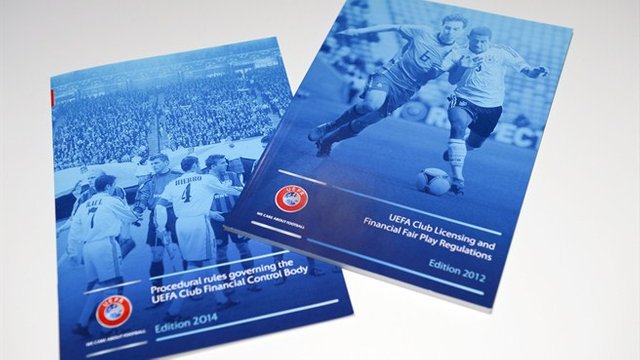
UEFA's financial fair play guidelines - more of a nice to know than an enforced policy (Image from Tumblr)
So what is the solution? To be honest it's not an easy answer. Should clubs stop buying all together? No of course not. Should the clubs be restricted to amount of money they spend per season (similar to a salary cap)? Possible. Should clubs look to put away some of the cash for a rainy day or invest it in other ways? Definitely. Using the cash to build long-term infrastructure developing youth prospects and creating world-class facilities can be an investment in the clubs future. It may not deliver results straight away but it could be a valuable fall back plan if things do start to go belly up. But most of all clubs need to think more carefully about how they spend their money and on who. This is not to say that Mooy, Maguire or Pickford are not good signings but when it feels like you are paying too much for someone it usually means that you are.Share your thoughts now on
Facebook: https://facebook.com/BackOfTheNetBlog or on Twitter: https://twitter.com/BOTNBlog. Also on Instagram: backofthenetblog